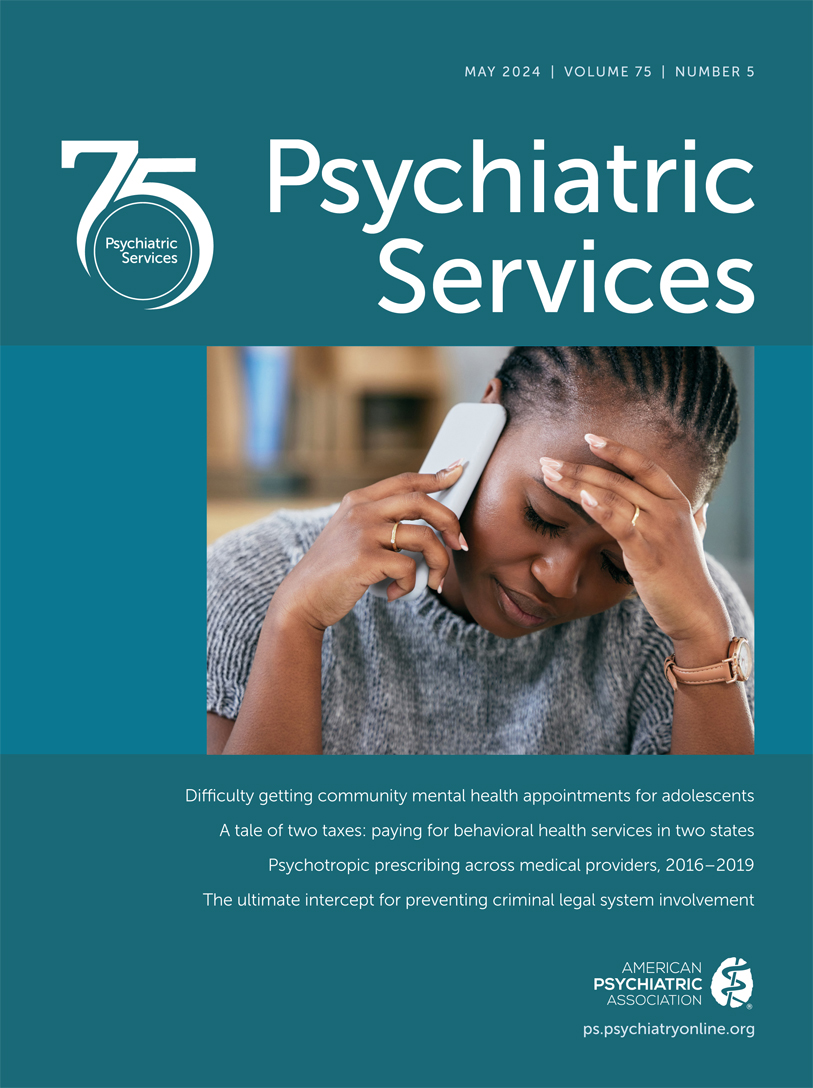Implementation Feasibility and Hidden Costs of Statewide Scaling of Evidence-Based Therapies for Children and Adolescents
Abstract
Objective:
State mental health systems are retraining their workforces to deliver services supported by research. Knowledge about evidence-based therapies (EBTs) for child and adolescent disorders is robust, but the feasibility of their statewide scaling has not been examined. The authors reviewed implementation feasibility for 12 commonly used EBTs, defining feasibility for statewide scaling as an EBT having at least one study documenting acceptability, facilitators and barriers, or fidelity; at least one study with a racially and ethnically diverse sample; an entity for training, certification, or licensing; and fiscal data reflecting the costs of implementation.
Methods:
The authors reviewed materials for 12 EBTs being scaled in New York State and conducted a literature review with search terms relevant to their implementation. Costs and certification information were supplemented by discussions with treatment developers and implementers.
Results:
All 12 EBTs had been examined for implementation feasibility, but only three had been examined for statewide scaling. Eleven had been studied in populations reflecting racial-ethnic diversity, but few had sufficient power for subgroup analyses to demonstrate effectiveness with these samples. All had certifying or licensing entities. The per-clinician costs of implementation ranged from $500 to $3,500, with overall ongoing costs ranging from $100 to $6,000. A fiscal analysis of three EBTs revealed hidden costs ranging from $5,000 to $24,000 per clinician, potentially limiting sustainability.
Conclusions:
The evidence necessary for embedding EBTs in state systems has notable gaps that may hinder sustainability. Research-funding agencies should prioritize studies that focus on the practical aspects of scaling to assist states as they retrain their workforces.
Access content
To read the fulltext, please use one of the options below to sign in or purchase access.- Personal login
- Institutional Login
- Sign in via OpenAthens
- Register for access
-
Please login/register if you wish to pair your device and check access availability.
Not a subscriber?
PsychiatryOnline subscription options offer access to the DSM-5 library, books, journals, CME, and patient resources. This all-in-one virtual library provides psychiatrists and mental health professionals with key resources for diagnosis, treatment, research, and professional development.
Need more help? PsychiatryOnline Customer Service may be reached by emailing [email protected] or by calling 800-368-5777 (in the U.S.) or 703-907-7322 (outside the U.S.).



